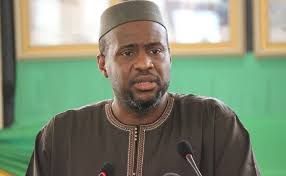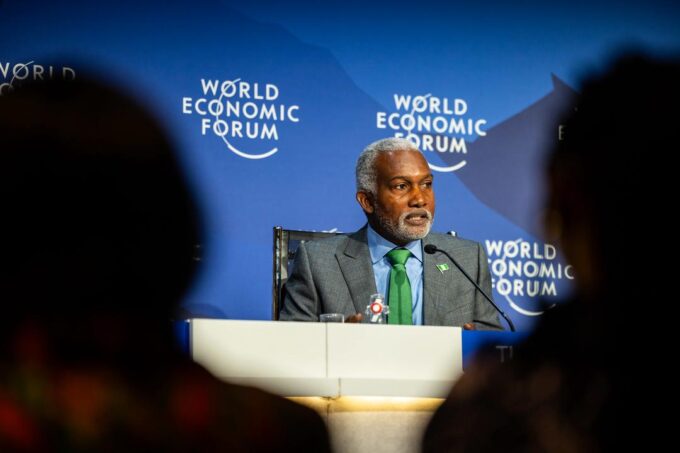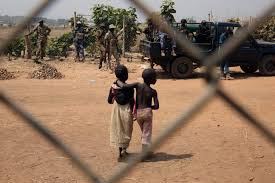In a move that has drawn widespread condemnation from rights groups and political observers, a court in Mali has sentenced former Prime Minister Moussa Mara to one year in prison over a social media post expressing support for political prisoners. The ruling, handed down on Monday by the National Cybercrime Centre court in Bamako, has sparked concerns over the country’s growing crackdown on dissent under its military-led government.
Mara, who served as Mali’s Prime Minister from 2014 to 2015, was convicted of “undermining the credibility of the state and opposing legitimate authority.” The 50-year-old politician was also handed a 12-month suspended sentence and fined 500,000 CFA francs (approximately $887). According to court documents, his conviction stems from a July 4 post on X (formerly Twitter), where he declared solidarity with individuals he described as “prisoners of conscience.”
In his post, Mara had written: “As long as the night lasts, the sun will obviously appear! We will fight by all means for this to happen as soon as possible!” The statement, viewed by the authorities as an act of defiance, came after he publicly visited several detained opposition figures and demanded their release.
Mara has been in detention since August 1, after being arrested by security forces just weeks following his controversial post. His trial and subsequent sentencing highlight the increasingly repressive environment in Mali, where freedom of expression and political dissent have been severely curtailed since the military took power in two successive coups in 2020 and 2021.
Following the verdict, Mara’s legal team immediately announced plans to appeal the decision, describing it as “a particularly harsh and politically motivated ruling.” In a statement to the press, his lawyers said: “The judicial battle does not end today; it continues with the same determination, on the grounds of law and truth.”
A close associate of the former prime minister, speaking anonymously to AFP, expressed disbelief at the court’s decision, saying: “We expected it, but it remains unjust. Tell me, what is his crime? Showing support for others should not lead to imprisonment.”
The ruling comes as Mali’s military government, led by General Assimi Goita, continues to tighten its grip on power. Despite earlier commitments to restore civilian rule by 2024, the junta recently postponed elections indefinitely, dissolved several political parties, and granted Goita an additional five years in office.
Human rights organizations have sharply criticized the verdict. Amnesty International described the sentencing as a “travesty of justice” and accused the authorities of weaponizing the law to silence critics. “Moussa Mara’s imprisonment marks another low point in Mali’s deteriorating human rights record,” the group said. “The authorities must end this escalating repression of peaceful dissent and immediately release those detained solely for expressing their opinions.”
Analysts say Mara’s conviction reflects a broader pattern of intimidation aimed at opposition figures, journalists, and activists who question the legitimacy or governance of the military regime. Over the past year, multiple civil society leaders and former government officials have faced arrest or intimidation for expressing views critical of the junta.
International observers have warned that Mali’s current political trajectory threatens to further isolate the country both regionally and globally. The Economic Community of West African States (ECOWAS) has repeatedly called for a clear timeline for democratic transition, while foreign governments have voiced concerns about the erosion of rule of law and human rights.
For many Malians, however, the sentencing of a former prime minister marks a chilling moment in their nation’s history. Once viewed as a beacon of democracy in West Africa, Mali now faces growing internal repression amid mounting insecurity and economic strain.
As Moussa Mara’s legal team prepares for appeal, calls are increasing for his immediate release. Whether the government will heed these appeals remains uncertain, but one thing is clear his imprisonment has reignited debate over freedom, justice, and the future of democracy in Mali.














Leave a comment